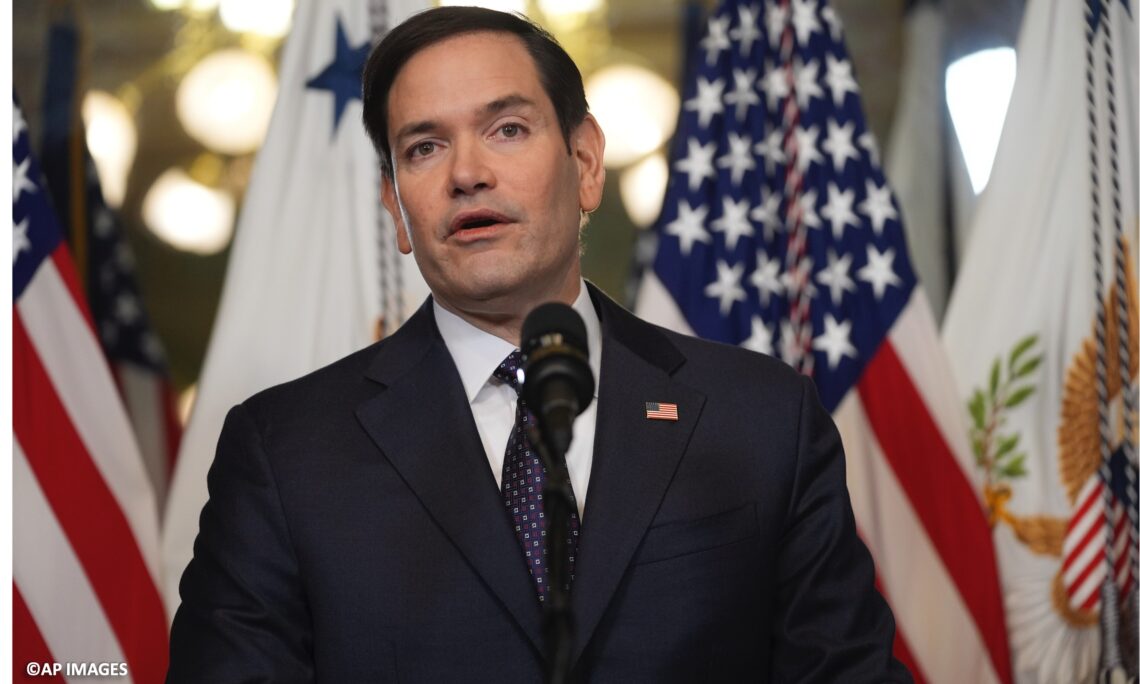(Jamaica Gleaner) Although United States Secretary of State Marco Rubio announced an expansion of its Cuba restrictive policy on Tuesday, it remains unclear whether Jamaica falls among “complicit” third countries in employing medical personnel through its neighbour’s labour export programme, which could lead to visa sanctions.
In a statement on Tuesday, Rubio said the expanded restrictions target individuals and immediate family members of individuals believed to be responsible for the programme, which he described as “forced labor”. He added that the US had already imposed restrictions on several people, including some Venezuelans.
“Today, we announce the expansion of an existing Cuba-related visa restriction policy that targets forced labor linked to the Cuban labor export program. This expanded policy applies to current or former Cuban government officials, and other individuals, including foreign government officials, who are believed to be responsible for, or involved in, the Cuban labor export program, particularly Cuba’s overseas medical missions. This policy also applies to the immediate family of such persons,” he said.
Jamaica and its nearest neighbour have long partnered on medical and other missions, and this development could have a severe impact on the local health sector, which has been under strain for years because of the continued migration of Jamaican nurses.
Neither Health and Wellness Minister Dr Christopher Tufton nor Foreign Minister Kamina Johnson Smith could be reached for comment on Thursday despite several attempts by The Gleaner.
Following Rubio’s comments, Cuba’s Minister of Foreign Affairs Bruno Rodríguez Parrilla said, “Once again, Marco Rubio puts his personal agenda before the US interests.
“The suspension of visas associated to Cuba’s international medical cooperation is the seventh unjustified aggressive measure against our population within a month.”
In May 2023, it was estimated that more than 300 Cuban medical personnel were in Jamaica, with a history stretching back to 1976 during the Michael Manley administration of the People’s National Party (PNP). The agreement was suspended in the 1980s during the leadership of Edward Seaga, whose administration made it a point of duty to boot then Cuban ambassador to Jamaica, Ulises Estrada, as soon as the Jamaica Labour Party (JLP) went into office.
Over the years, fences were mended and the Cuban medical missions returned to Jamaica under the tenures of both JLP and PNP.
As recently as 2021, two hundred and fifty Cuban medical personnel arrived in Jamaica, following 140 who arrived in 2020, and 20 who arrived in 2016. Medical staff usually work for a period of time then return to Cuba.
Between September 2023 and November 2024, for example, 3,476 sight-saving procedures were performed under the Jamaica-Cuba Eye Care Programme – one of the key initiatives the countries partner on.
Other Caribbean nations, along with countries in Africa, Latin America, the Pacific and Europe, have also benefitted from Cuban medical assistance for over six decades without any known US interference.
But Rubio said the programme is exploitative.
“Cuba’s labor export programs, which include the medical missions, enrich the Cuban regime, and in the case of Cuba’s overseas medical missions, deprive ordinary Cubans of the medical care they desperately need in their home country. The United States is committed to countering forced labor practices around the globe. To do so, we must promote accountability not just for Cuban officials responsible for these policies, but also those complicit in the exploitation and forced labor of Cuban workers,” the US secretary of state said on Tuesday.
While there has been silence on the issue locally, The St Vincent Times quotes Prime Minister Dr Ralph Gonsalves as saying, “Some persons in the US Congress have been saying, mainly Republicans, that the doctors and nurses who come down here are part of trafficking in people. I don’t know how it is trafficking in persons. If you call it trafficking in persons, then it loses all meaning because we are paying them, and it’s done very openly and very transparently.”










